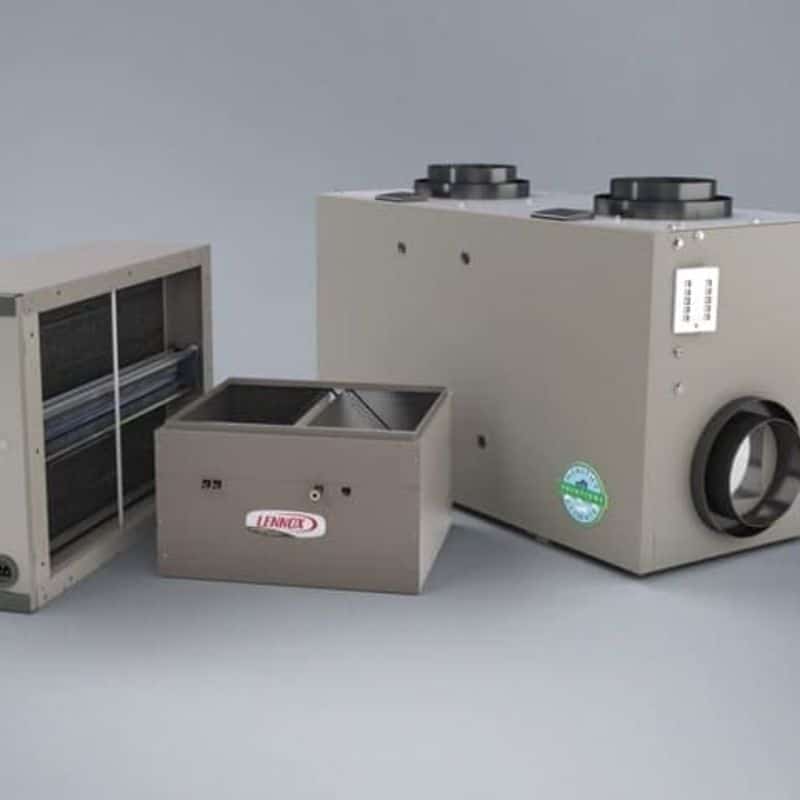Services
Indoor Air Quality
I cannot thank Northland Heating and cooling enough, every interaction was great. Excellent customer service and the installers were extremely knowledgeable. They went above and beyond.
Contact
694 Moon Road
Columbus, OH 43224
Sub page
Indoor Air Quality & Your Health
Need the best indoor air quality products and service in town? Call Northland Heating & Cooling today! We are a family-owned and operated heating & cooling company that has been doing business for over 55 years. We treat each of our customers like family, and that means responding right away to all service calls. Whether you need your Indoor Air Quality components serviced or are experiencing a home heatng & cooling emergency, our highly trained technicians will take care of your needs. We also recommend regularly scheduled maintenance to keep your air quality systems working like new. Give Northland Heating & Cooling a call as soon as you suspect you have an issue and we guarantee we’ll get your home back to a comfortable temperature.
- Health: Poor indoor air quality can lead to a wide range of health problems. Exposure to pollutants such as allergens, volatile organic compounds (VOCs), particulate matter, and radon gas can cause or exacerbate respiratory conditions like asthma, allergies, and bronchitis. It can also lead to more serious health issues over time, including cardiovascular disease, lung cancer, and other chronic illnesses.
- Comfort: Good IAQ contributes to a comfortable indoor environment. Proper temperature, humidity levels, and ventilation help ensure that people feel comfortable and can perform daily tasks effectively. Poor IAQ can lead to discomfort, which can impact productivity and quality of life.
- Productivity and Cognitive Function: Studies have shown that better indoor air quality can enhance cognitive function, decision-making, and productivity. Clean air can help people think more clearly and focus better, which is important in workplaces and educational settings.
- Sleep Quality: IAQ can affect sleep quality. Poor air quality, with pollutants like dust, allergens, or even noise, can disrupt sleep patterns and lead to insomnia or poor sleep quality. A comfortable and clean indoor environment is essential for restful sleep.
- Energy Efficiency: Good IAQ is often linked to energy-efficient buildings. Well-ventilated spaces with proper insulation and air sealing can reduce the need for excessive heating and cooling. This not only saves energy but also reduces utility bills and carbon emissions.
- Long-Term Health Effects: Long-term exposure to indoor air pollutants can have serious health consequences. For example, exposure to asbestos fibers can lead to asbestos-related diseases, and prolonged exposure to mold can cause respiratory problems. Maintaining good IAQ is essential to prevent these long-term health risks.
- Safety: Some indoor air pollutants, like carbon monoxide (CO), can be life-threatening in high concentrations. Proper ventilation and the use of CO detectors can prevent serious health emergencies.
- Reduced Sick Days: Improved IAQ can reduce the spread of illnesses within indoor environments. In workplaces and schools, where people often gather closely, good IAQ can help prevent the rapid transmission of diseases, leading to fewer sick days and increased overall well-being.
- Environmental Impact: Poor IAQ can contribute to outdoor air pollution. For example, indoor sources of pollution, such as combustion appliances, can release pollutants that harm the environment when not properly vented.
- Regulatory Compliance: In many regions, there are regulations and standards in place to ensure indoor air quality. Compliance with these regulations is essential for the health and safety of occupants and can also have legal implications for building owners and managers.
In summary, maintaining good indoor air quality is crucial for the health, comfort, and overall well-being of building occupants. It can also have economic and environmental benefits by reducing healthcare costs, improving productivity, and conserving energy. Therefore, it’s essential to take measures to monitor and improve IAQ in homes, workplaces, schools, and other indoor environments.





